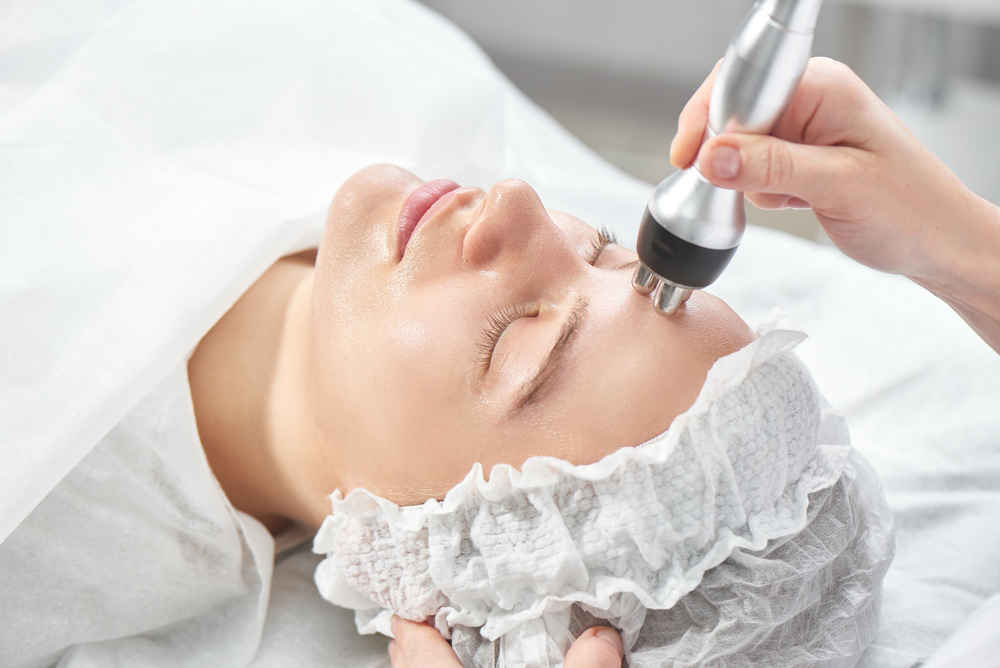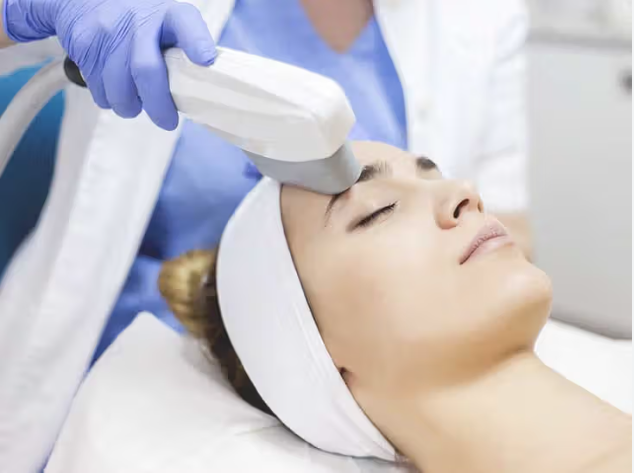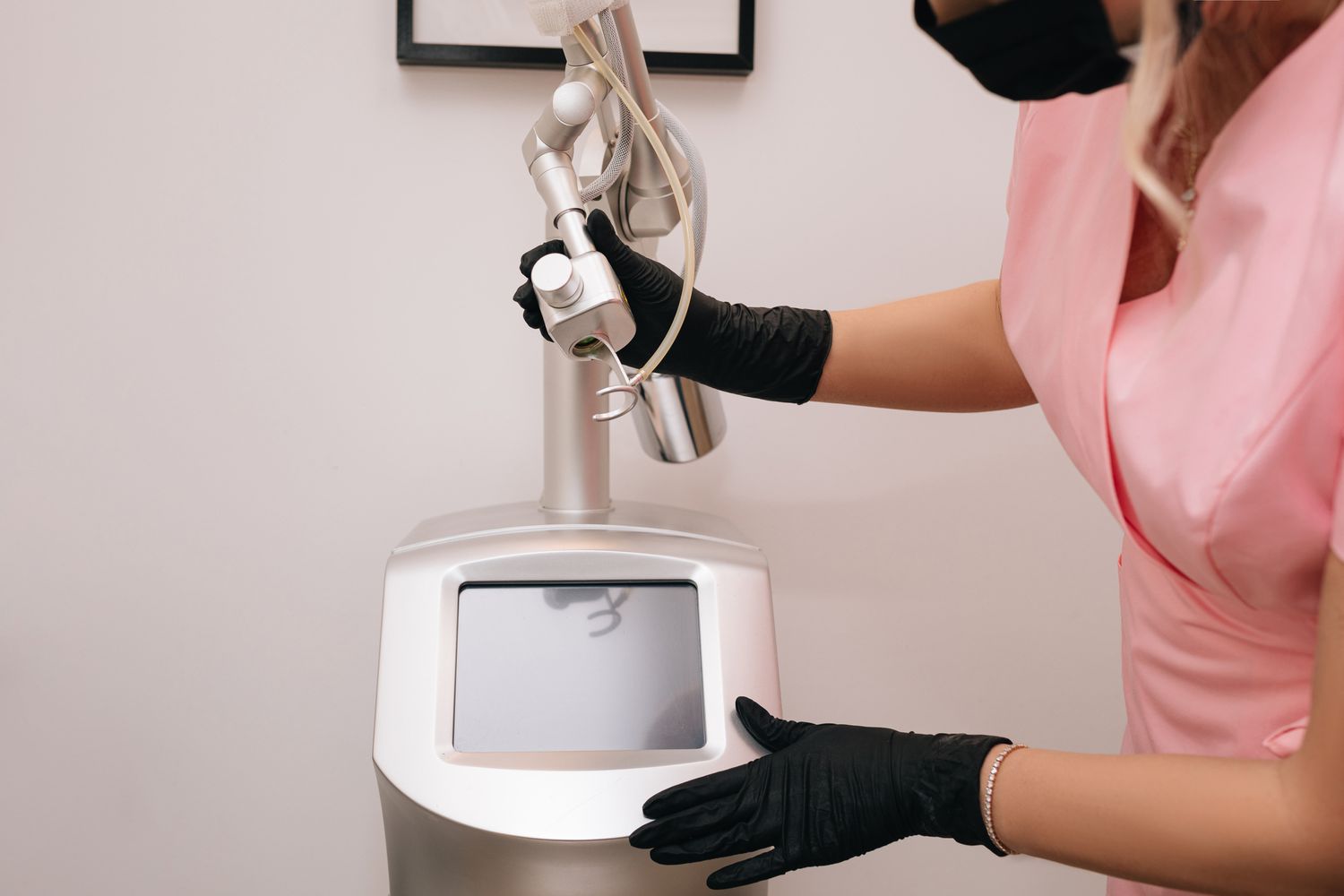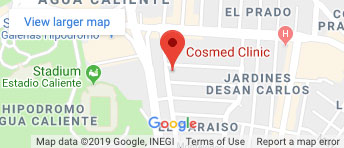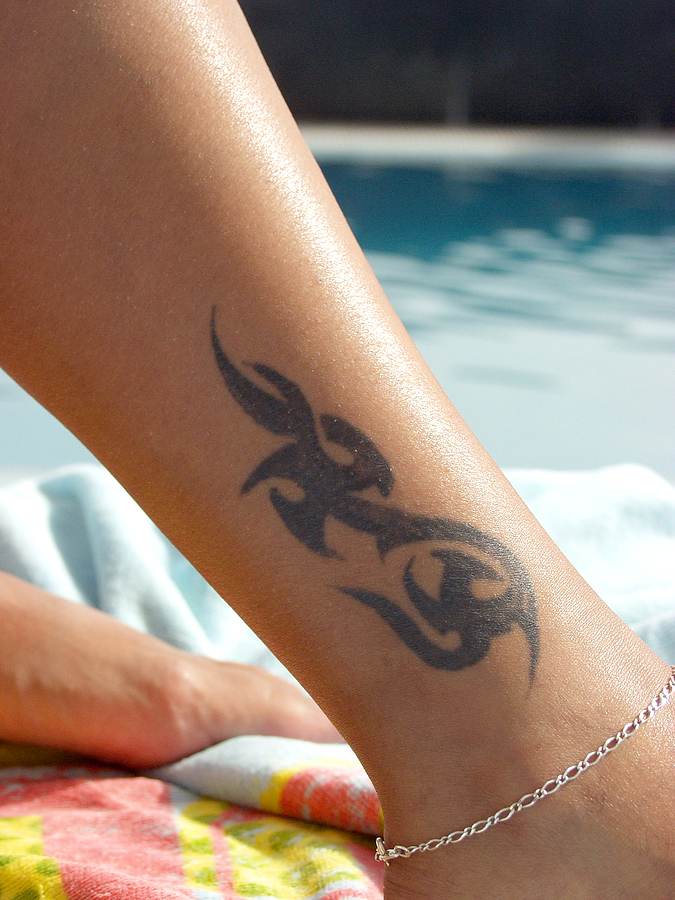
Do you have an unwanted tattoo? CosMed can help remove it with our new Q-switched Nd:YAG laser system.
A tattoo used to be a permanent and irreversible adornment to one’s skin. However, in recent years, dermatologic surgeons have developed safe and effective techniques to successfully remove unwanted tattoos. Patients request removal of a tattoo for a variety of reasons — social, cultural, physical or for employment. Because each tattoo is unique, removal techniques must be tailored to suit each individual case. For instance, professionally applied tattoos tend to penetrate the deeper layers of the skin at uniform levels. This uniformity allows dermatologic surgeons to use techniques that remove broader areas of inked skin at the same depth. On the other hand, homemade or amateur tattoos are often applied with an uneven hand and their removal may be more difficult. Statistics show that about 24% of Americans between 18 and 50 are tattooed, and 15-20% of all people who got a tattoo regret it later.
REMOVING TATTOOS
Tattoos can be removed by a dermatologic surgeon on an outpatient basis with local anesthesia. The most common techniques used are:
Laser surgery
The surgeon removes the tattoo by selectively treating the pigment colors with a high-intensity laser beam (Q-switched laser). Lasers have become the standard treatment because they offer a “bloodless,” low-risk, highly effective approach with minimal side effects. The type of laser used generally depends upon the pigment colors. In all cases, multiple treatments may be required.
Dermabrasion
The surgeon “sands” the skin, removing the surface and middle layers of the tattoo. The combination of surgical and dressing techniques helps to raise and absorb the tattoo inks.
Surgical excision
The surgeon removes the tattoo with a scalpel and closes the wound with stitches. This technique proves highly effective in removing some tattoos and allows the surgeon to excise inked areas with great control.
ARE THERE SIDE EFFECTS OR COMPLICATIONS WITH LASER?
Side effects are generally minor (skin tenderness, inflammation, redness, crusts, scabs) but may include skin discoloration at the treatment site, infection of the tattoo site, lack of complete pigment removal or some scarring. A raised or thickened scar may appear three to six months after the tattoo is removed, especially with dermabrasion or surgery. The side effects are the reasons why laser tattoo removal is better achieved and with less side effects.
THE GOLD STANDARD: Q-SWITCHED Nd:YAG LASER NOW AVAILABLE AT COSMED
The Q-switched Nd:YAG laser system overcomes the obstacle of excessive melanin absorption and is used to remove gray, dark blue, and black pigment (1064nm), or red, orange and some yellow pigments (532nm).The clinical endpoint following laser treatment is whitening of the skin with occasional mild pinpoint bleeding. The specificity of our new laser targets only the ink or pigment on the skin, making it safe to use on all skin types. The light emitted by this laser will selectively gets absorbed by the pigment, heating and bursting just the pigment, which then later is reabsorbed and digested by cells from our body’s immune system, and finally gets eliminated via the lymphatic system.
HOW MANY LASER SESSIONS ARE REQUIRED?
There are some factors like: 1) skin color 2) location 3) tattoo pigment color 4) amount of ink/type of tattoo (amateur vs. professional) 5) scarring by the tattoo and 6) tattoo layering. These are the main considerations that influence in the number of sessions needed. Sessions are spaced every 4-8 weeks. When patients come to CosMed, we use the Kirby-Desai Scale to determine the number of sessions.
WHAT IS THE COST?
The cost is based on the size of the tattoo in cm2 and the number of sessions calculated by the dermatologist (1 cm2 = 0.155 sq in). If a package of the calculated laser sessions is paid in advance, we offer a 10% discount. Treatments start at $60 USD per session for tattoos 5cm2 (0.775 sq in) or less in size. For tattoos greater than 5cm2 please contact us for a more precise estimate.
NEED MORE INFORMATION OR OTHER SKIN CONDITIONS THAT ALSO BENEFIT FROM Q-SWITCH LASER?
Please contact CosMed to schedule a complimentary tattoo evaluation with our dermatologist Dr. de la Fuente, so we can tailor a plan specifically designed for your tattoos.

